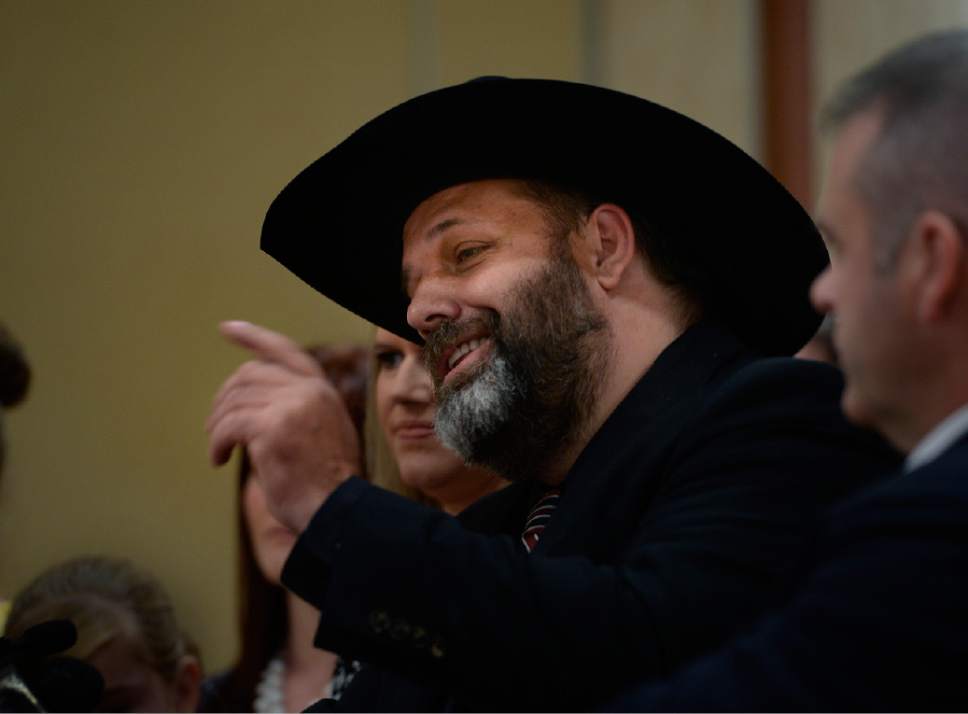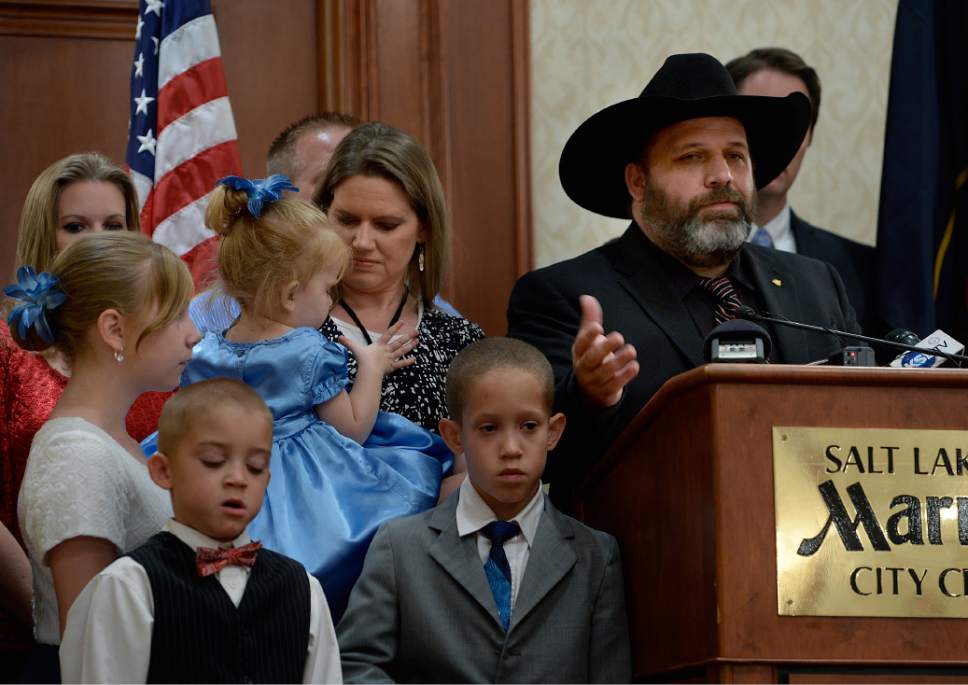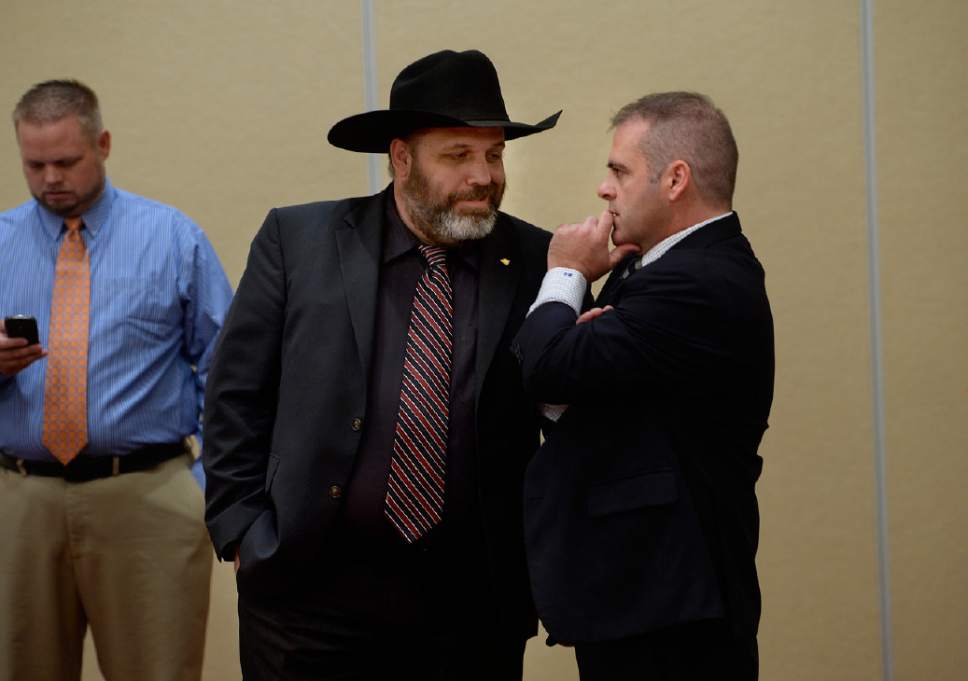This is an archived article that was published on sltrib.com in 2016, and information in the article may be outdated. It is provided only for personal research purposes and may not be reprinted.
A federal appeals court has cleared the way for a possible new indictment of Rick Koerber, the former Utah County businessman once accused of operating a $100 million Ponzi scheme through his real estate investment companies.
The 10th Circuit Court of Appeals on Friday turned back an appeal from Koerber who had sought to reverse a lower court decision that had left him vulnerable to new criminal charges.
U.S. Attorney's Office spokeswoman Melodie Rydalch said the ruling means the next possible step is a decision on whether to seek a new indictment. Koerber's attorney, Marcus Mumford, had tried to appeal an August decision by U.S. District Judge Jill Parrish that left the door open for a new indictment.
Parrish had recently taken over the case from U.S. District Judge Clark Waddoups, who in 2014 had dismissed the 18 charges against Koerber and cited "questionable ethical conduct" and a "pattern of neglect" by government prosecutors in a ruling that left no room for new charges.
Federal prosecutors appealed and, in a previous opinion, a panel of 10th Circuit justices reversed Waddoups' decision in part and sent it back to Utah for reconsideration.
This time, the 10th Circuit said the case is not yet ripe for a new appeal of Parrish's ruling, which found that delays in getting to trial that led to Waddoups' dismissal order were substantially brought on my Koerber and Mumford.
Koerber calls himself the "free capitalist" and has had a radio program and a webcast in which he promotes an anti-government, free market philosophy.
News reports on Thursday cited Koerber as a member of the defense team of Ammon Bundy, who was acquitted in a trial in Oregon on charges related to the 41-day occupation of a federal wildlife refuge.
From 2004 to 2008, Koerber ran a series of entities grouped around his entities Franklin Squires Cos. and Founders Capital, through which he taught a real estate investment strategy called "equity milling." The companies took in about $100 million in investments by telling potential investors they could earn 2 percent to 5 percent per month.
Indictments alleged that Koerber's enterprise was not making money and that he had used about $50 million of investor money to repay other investors to make the operation appear profitable.
In addition, Koerber allegedly spent some of the investor funds for personal uses, including $850,000 to buy restaurants, more than $1 million to purchase luxury cars, about $5 million to finance a movie and about $425,000 to mint coins.







